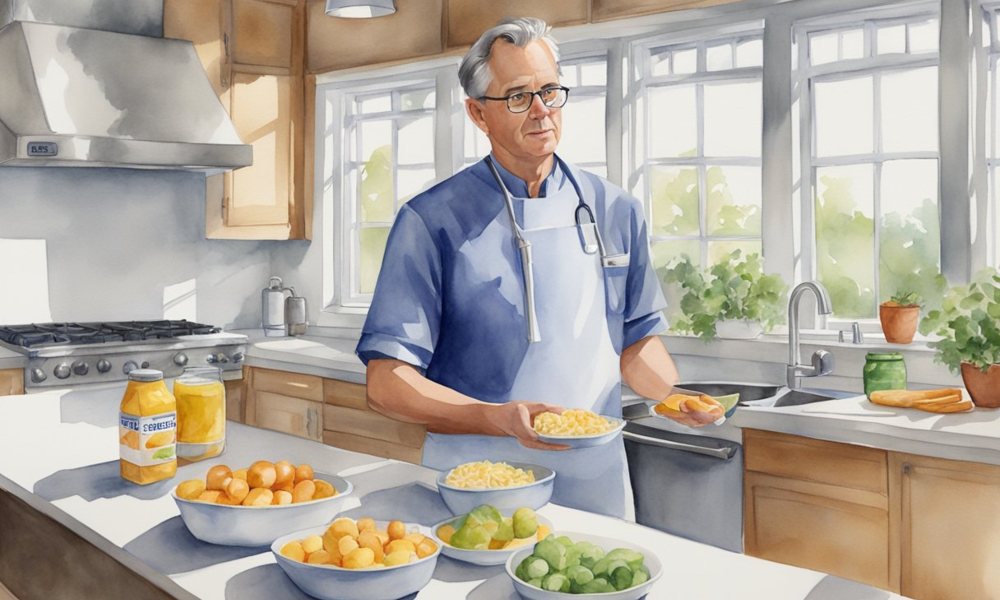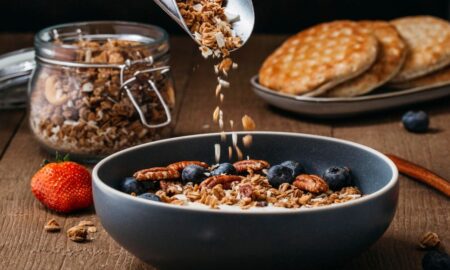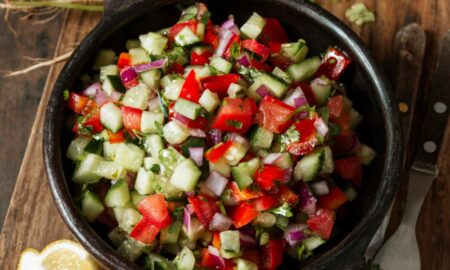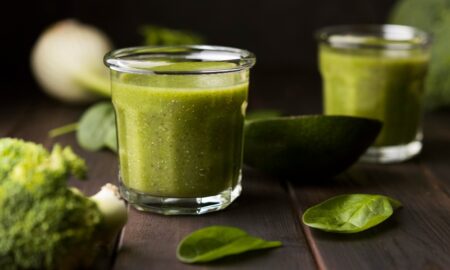Ultra-processed foods have been a hot topic lately. Many wonder what they are and if they’re bad for our health.
Key Points:
- Ultra-processed foods contain ingredients not used in home cooking
- Examples include ready meals, pot noodles, sliced bread, and oat milk
- Some studies link ultra-processed foods to health issues
Are these convenience foods harmful, or are they overblown? Let’s take a closer look.
What Counts as Ultra-Processed?
There is debate around the exact definition of ultra-processed foods. But most experts agree – if a food item lists additives, preservatives, or ingredients you wouldn’t use at home, it likely qualifies. These include:
- Artificial flavourings
- Emulsifiers
- Stabilizers
- Artificial colours
Common ultra-processed foods span from frozen meals and sugary cereals to baked goods and sodas. Even seemingly healthy options like sliced bread may contain unexpected additives.
Potential Health Risks
While more research is still needed, several studies suggest a link between eating ultra-processed foods and adverse health effects such as:
- Weight gain and obesity
- High blood pressure
- Increased risk of heart disease and diabetes
Some scientists are quite concerned about this connection. Dr Chris van Tulleken has warned about the dangers of ultra-processed items in his new book.
The Processed Food Debate
Not everyone agrees that ultra-processed foods are harmful. The food industry argues that there is no settled definition. Some say the evidence is only observational—not proof that these foods directly cause health issues.
However, other experts disagree. They say the evidence goes beyond correlation, including data on how food additives interact with the body. More experimental studies are underway.
Affording Healthy Choices
For many families, ultra-processed foods are an affordable, convenient option. Critics point out these items are often cheaper than cooking meals from fresh ingredients.
While avoiding ultra-processed foods is ideal, some argue we must first make healthy, unprocessed foods more affordable and accessible. Solutions like accurate labelling and reformulating recipes may also help.
The Bottom Line
The debate around ultra-processed foods is complex, with no easy answers. More large-scale studies are still needed, but many nutritionists advise limiting these items as a precaution. Do ultra-processed foods pose a legitimate health risk? Only time will tell.
















